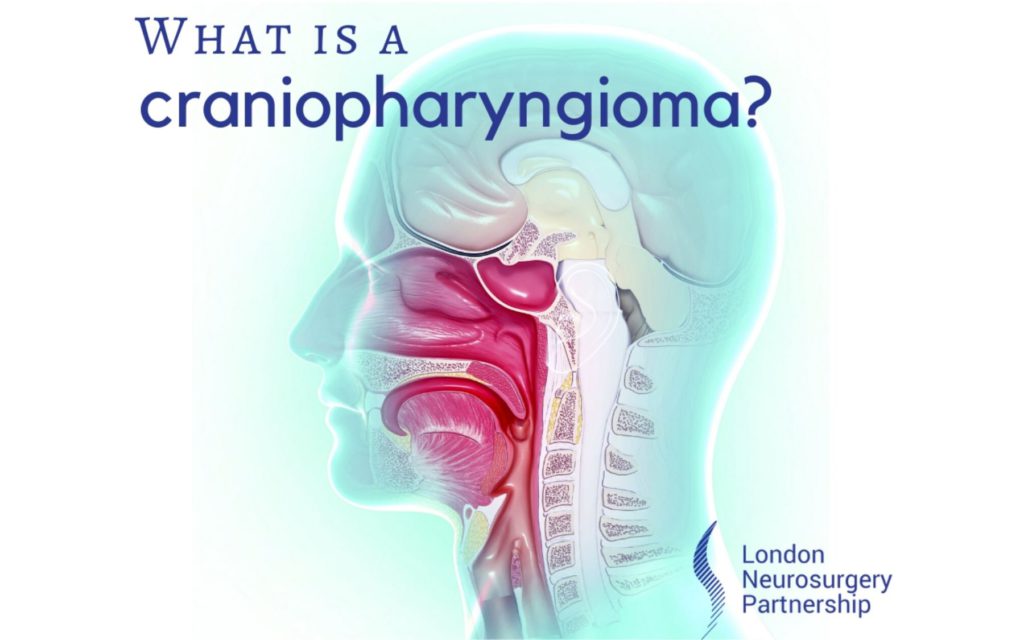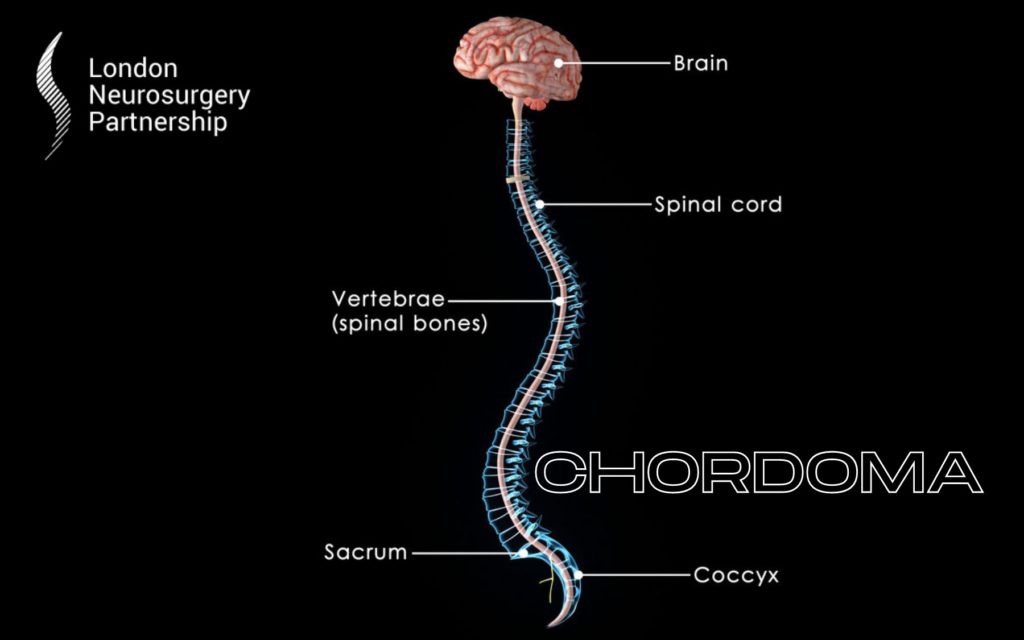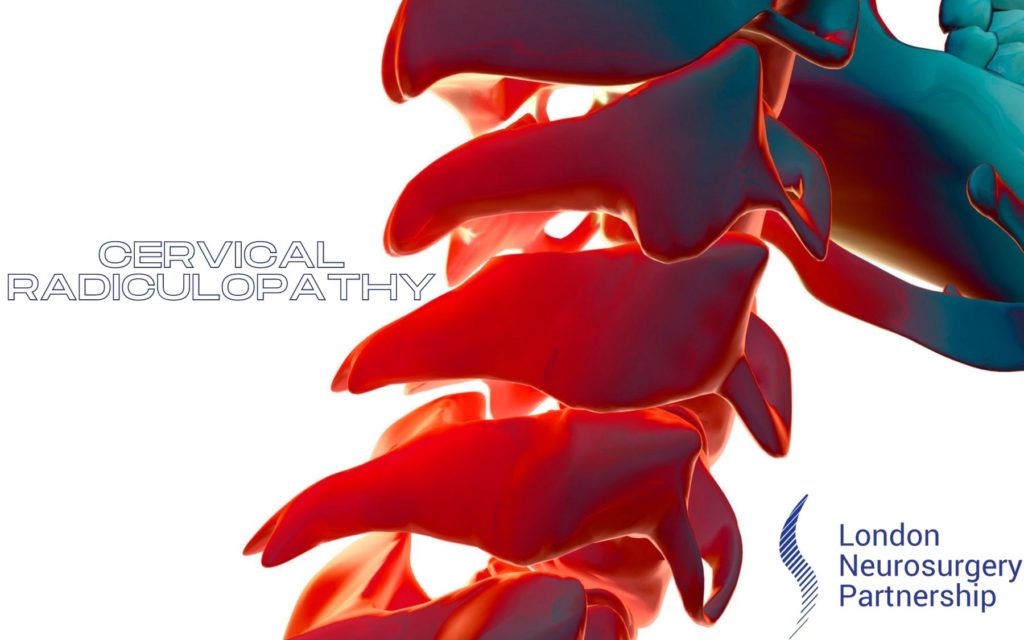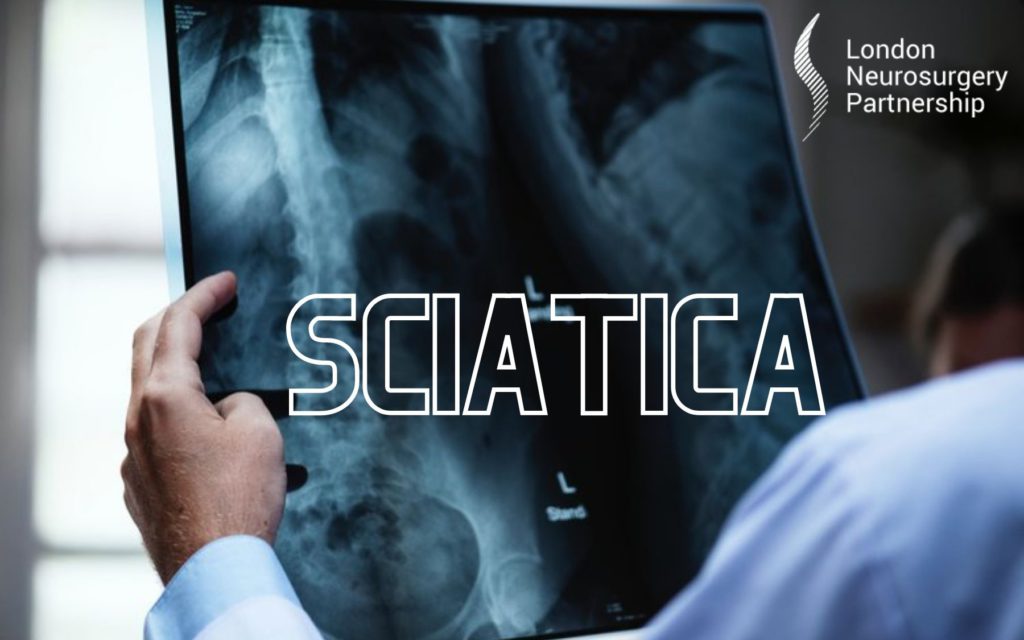
A craniopharyngioma is a type of brain tumour that is non-cancerous (benign). These can occur at any age; however, they are most common in children and older adults. A craniopharyngioma begins near the pituitary gland, which is an area of the brain which secretes hormones around the body. As the tumour slowly grows, this can affect the functions of the pituitary gland and other parts of the brain. Mr Nick Thomas is a world leading expert in this type of tumour.
Symptoms often change as the tumour grows. Here are some of the most common symptoms that are associated with a craniopharyngioma:
- Changes in vision and hearing
- Fatigue
- Excessive urination
- Headaches
- Loss of balance
To diagnose a craniopharyngioma, you will have to go through multiple tests to ensure that you are given the right diagnosis. You will usually start with a physical examination where you will talk through your symptoms and have a neurological test to look at certain functions. You may also be asked to supply a blood sample as it can be tested for any hormone abnormalities. You can also be sent for a CT or MRI scan to look for any abnormalities in the brain.
Surgery is the most common treatment option that is used to treat a craniopharyngioma, however this may differ depending on how easy it is to access. If the tumour is near an important part of brain then part of the tumour may be left behind to preserve function. In these cases, the patient may be given radiotherapy or chemotherapy to target the tumour cells that are left behind.
This article is intended to inform and give insight but not treat, diagnose or replace the advice of a doctor. Always seek medical advice with any questions regarding a medical condition.
Back to brain conditions.





0 Comments